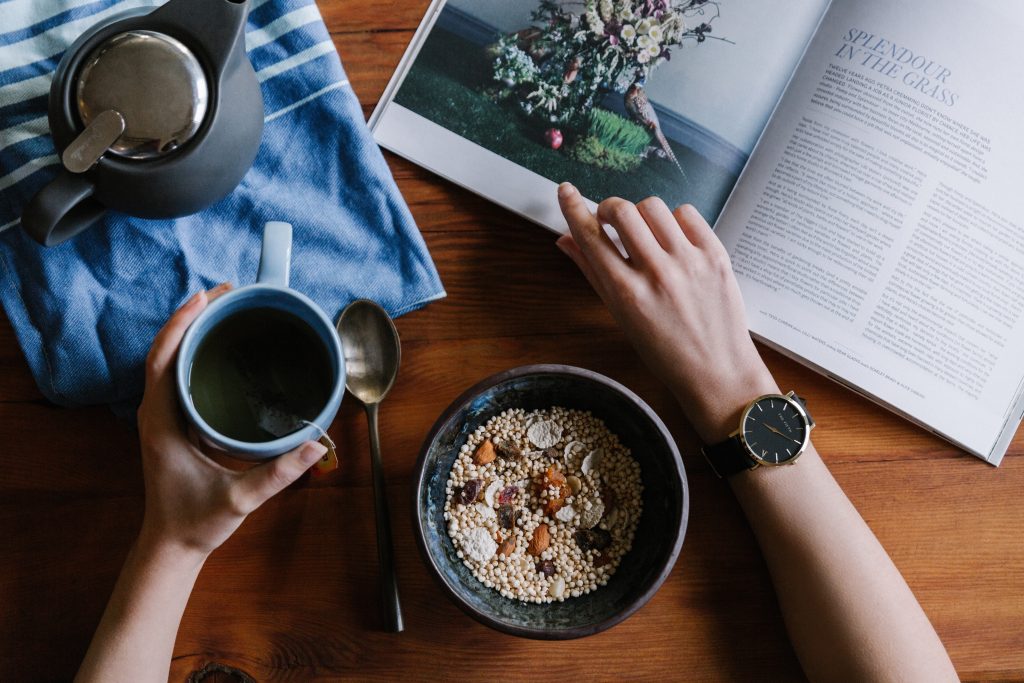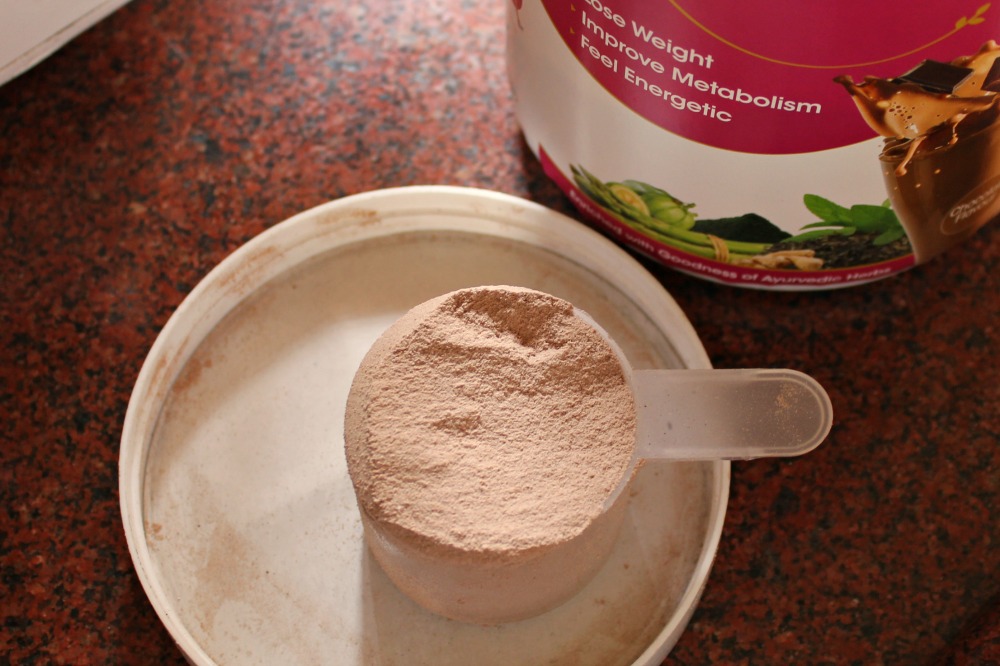
When it comes to diet and lifestyles, perhaps none are more controversial or talked about than vegetarianism and veganism. Most people follow these diets for a healthier lifestyle, although some also cite environmental and ethical reasons for practicing such.
There are many parallels between the two, but their distinct difference is that vegetarians may consume animal byproducts such as dairy (lacto-vegetarians), eggs (ovo-vegetarians), or both (ovo-lacto vegetarians), while vegans avoid eating any animal-derived products at all, including honey. Vegans also tend to avoid using items made from animals and their body parts, such as leather and wool clothing and accessories. This is why “vegetarian” is often referred to as a diet, while “vegan” is more often described as a lifestyle.
Here are some of the other things you should know about if you are planning to follow a vegetarian or vegan diet.
You Can Still Drink Milk
Not dairy milk of course. But there are a lot of plant-based milk products that you can find in the market to satisfy your tastebuds, especially if you are new to the diet and are used to the taste and texture of milk. Apart from being a satisfying beverage, you can also use plant milks to supplement your diet with the necessary nutrients. Hazelnut milk, for example, is an excellent source of vitamin E and manganese, while almond milk contains calcium and potassium, as well as a decent amount of vitamin E. Most plant milks are also cruelty free, which makes them ideal for vegetarians and vegans alike.
Your Protein Intake Won’t Suffer
One of the main concerns about switching to a vegetarian or vegan diet is the seeming lack of protein sources. However, many people are already over-consuming protein, especially if they eat a balanced omnivorous diet. Besides, it is already common knowledge by now that there are many plants and seeds that are excellent sources of protein; even non-vegetarians turn to these protein sources in attempts to make their eating habits a little bit healthier.
For ovo-lacto vegetarians, protein intake is not much of a concern since they can readily get this nutrient from milk and eggs. For vegans, most of their protein can come from lentils, different kinds of beans, quinoa, pumpkin seeds, and nuts among other sources. What’s better is that these protein-rich foods are higher in other nutrients like carbohydrates, folate, magnesium, flavonoids, and dietary fiber.
You Won’t Go Hungry Often
Vegetarians or vegans who complain that they get hungry quickly are doing something wrong; most likely, they are not getting enough fat, protein, or fiber. Fiber, in particular, curbs food cravings by stabilizing blood sugar and makes you feel full for a longer period of time. So if you always feel your stomach rumbling a couple of hours after a meal, you should either eat more during that meal or snack on nuts or other fiber-rich vegetables.
You Will Have Enough Energy
Switching to a vegetarian or vegan diet will actually make you feel more energetic, since you will be getting more healthy carbohydrates and most of the food you eat are easier to digest. If you feel sluggish, you might want to consume more iron-rich foods like chickpeas, cashews and cashew milk, kale, and spinach. Pair these with vitamin C-rich foods like broccoli, papaya, strawberries, and tomatoes so your body can absorb the iron faster and better.
Your Meals Will NOT be Boring
Vegetarians and vegans are usually the butt of jokes about eating only salads or worse, just kale. Some people are wary of switching to vegetarianism or veganism all because they falsely believe that their meals would suddenly become repetitive and boring. The Internet is a treasure trove of easy-to-make recipes that are anything BUT repetitive or boring. You can also attend cooking classes that teach you not only recipes but also how to prepare and cook foods properly to get the most of their nutrients.
It’s not easy to switch to a vegetarian or vegan diet, that much is true. However, considering all the health benefits and positive environmental effects, it’s definitely something to think about. You don’t have to do it in one fell swoop; transition slowly by cutting on meat and increasing your intake of various plant-based foods. You’ll be surprised at how much your health improves as you do so — what more when you finally make the switch!






Superb post. My family is non-vegetarian. But I have turned vegetarian more than 4 years back. And I feel lot better. Being a hypersensitive person, having dead energy circulating in my body is toxic. I can fully understand the last statement. Many non-vegetarians tell me that vegetarian meals will be boring and repetitive. But I would say there are so many varieties in vegetarian – so many different varieties of vegetables, fruits, pulses, etc.
I eat eggs but sometimes I feel that to be negative as well.